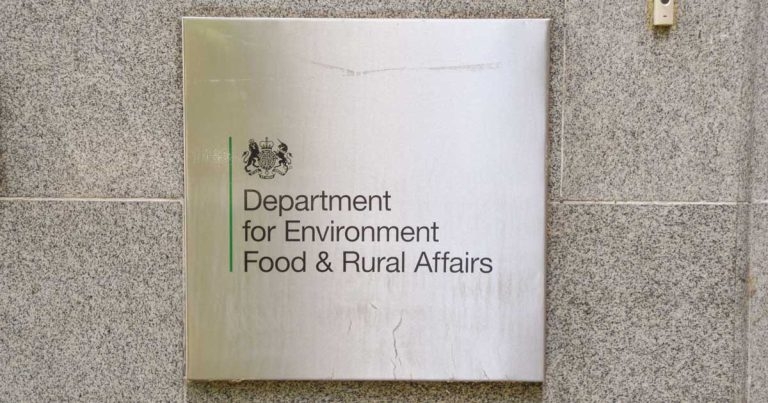27 Oct 2025
Department has been consulting with stakeholders throughout the year to determine what is needed from a new Veterinary Surgeons Act.

Image: VV Shots / Adobe Stock
Defra said it is making strides towards reform of the Veterinary Surgeons Act (VSA), which it acknowledged is “becoming more urgent”.
The department has been consulting with stakeholders throughout the year to determine what is needed from a new act.
Defra’s head of veterinary policy, Natasha Widdowson, told BVNA Congress while “none of [the process to secure new legislation] is guaranteed”, that it has “made some really good progress over the last year”.
She said Defra has spent more than 100 hours discussing recommendations to develop “fit for purpose legislation with flexibility [which] also enables it to be future proof”, allowing veterinary professionals to adapt to new technological advances or scenarios such as pandemics.
Ms Widdowson added: “We want this to be right, and if we’re to have a hope of being one of those [successful] bills, we have to demonstrate this is as uncontentious as possible, that it’s got the real backing of the profession”.
Asked why this time is different to previous calls for reform, she said: “The longer you leave something, the more of a burning platform it becomes.”
She pointed to the Competition and Markets Authority’s (CMA) investigation into the companion animal sector and ongoing issues such as recruitment and retention making the need for reform “more urgent”.
Ms Widdowson said Defra will monitor CMA outcomes and urged veterinary professionals to engage with the department’s further VSA consultation, adding: “This is your opportunity to shape this.”
Speaking alongside her, BVA president Rob Williams said: “What we can’t do is bicker and fight among ourselves after the consultation. No one is going to get 100% of what they want.
“We’ve got to put trust in industry people, civil servants and politicians to take on board what we’ve said and put something forward that is pragmatic and acceptable.
He added that “almost any evolution of the act would be beneficial” and he wants to see changes to the disciplinary process available to the RCVS, which he described as “very backward looking and it is punitive”.
On what a new VSA could mean for vet nurses, RCVS’ policy and public affairs manager Ben Myring said it would mean “being able to burn Schedule 3 and replace it with a much better mechanism”.
He added there is a “whole world of possibilities once you unlock that [RVN] potential”, while Dr Williams said there is a “game-changing” opportunity to “fully realise veterinary nursing as a standalone autonomous profession”.
Outgoing BVNA president Lyndsay Hughes echoed calls for clarity around Schedule 3, protection of the VN title and advancement opportunities.
She also agreed with Ms Widdowson’s assertion that “we shouldn’t make veterinary nurses cheap and easy vets”, adding: “[That’s] something we feel very strongly about; we don’t want to be mini vets”.
Asked about the advantages and disadvantages of retaining a royal college that regulates versus a separate college and regulator, the panel were largely in consensus that splitting would cause serious issues.
Mr Myring added: “One option is that we have a royal college that regulates the whole veterinary team. Who knows, maybe we’ll be a Royal College of Veterinary Services, rather than just surgeons”.